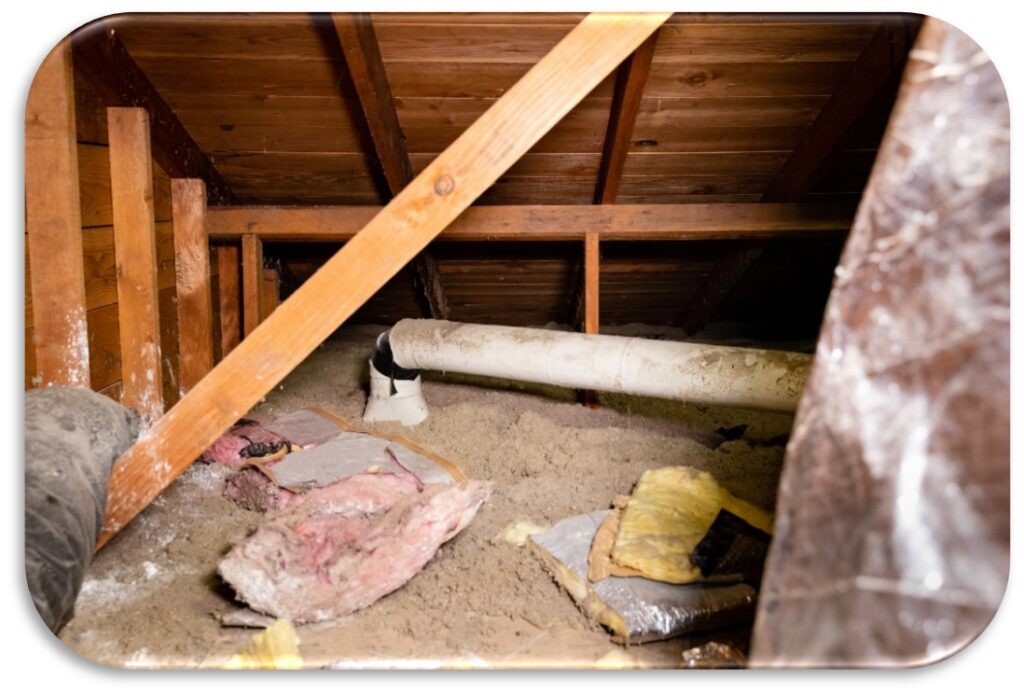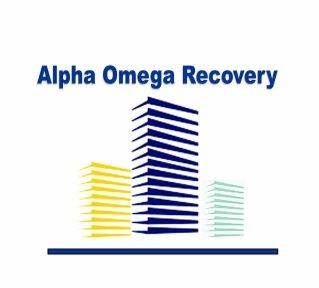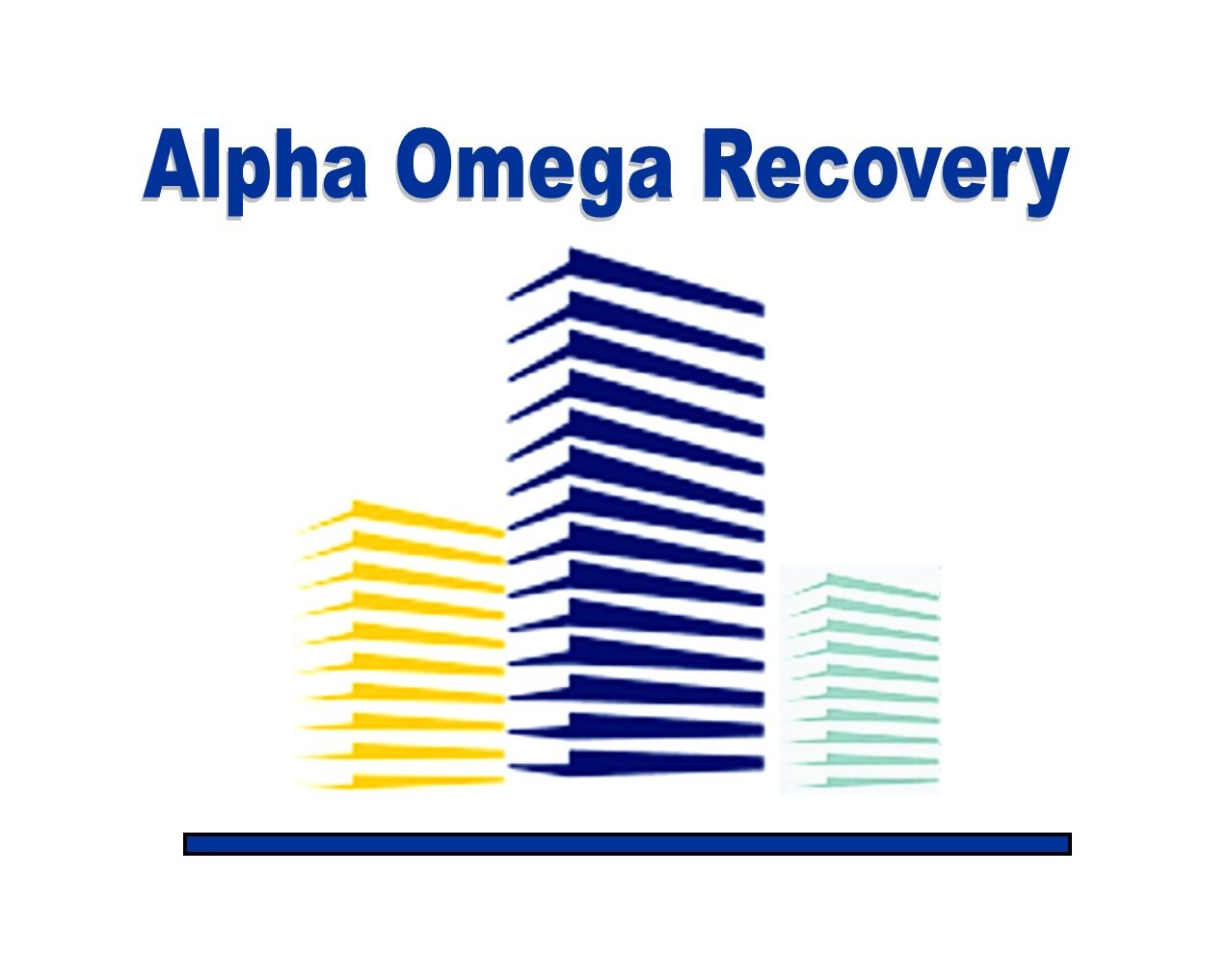
Home inspectors must steer through a variety of challenges to ensure they provide an accurate and complete assessment of a property. They provide an unbiased evaluation of the property’s condition.
Here are 15 common challenges:
Limited Access to Certain Areas: Some parts of a property, like attics, crawl spaces, basements, or areas blocked by personal belongings, can be difficult or unsafe to access, limiting their ability to inspect thoroughly.
Weather Conditions: Inclement weather (rain, snow, or extreme heat) can make external inspections challenging, hinder visibility, or even render parts of the inspection unsafe, such as roofs or decks.
Structural Risks: Inspectors often work around fragile or deteriorating structures, such as roofs with soft spots, unstable foundations, or corroded metal, which can pose physical risks.
Hidden Issues: Problems like mold, termite infestations, or faulty wiring are often hidden within walls, floors, or insulation, making it hard to detect without specialized tools or destructive testing, which isn’t always possible.
Time Constraints: Many inspections face certain time limits, (or are limited to a specific day/time) leading to pressure to be thorough while working quickly, which can sometimes affect the depth of inspection.
Client Expectations: Homebuyers may expect inspectors to find every single flaw, but inspections are limited by access, time, and non-destructive testing methods, which can lead to client dissatisfaction if issues are missed.

Outdated or Unusual Building Practices: Older properties may have been built with techniques or materials no longer in use, requiring inspectors to have specialized knowledge to identify and evaluate these components.
They primarily perform a visual inspection of the property, noting any issues they can see, not necessarily checking if everything adheres to current codes.
Complex Mechanical Systems: Homes may have various complex HVAC, electrical, and plumbing systems. Inspectors need expertise across multiple disciplines to evaluate each system correctly.
Liability Concerns: Home inspectors may face legal action if they miss significant issues, so they must be extremely diligent, document everything, and manage client expectations carefully.
Tenant Occupied Properties: Inspections of rented or tenant-occupied homes can present logistical challenges, as tenants may have restricted times or other conditions that complicate the inspection.
Rapid Technological Changes: New home systems, like smart home devices, energy-efficient appliances, and renewable energy installations (such as solar panels), require inspectors to stay up-to-date on technologies and standards.
Language and Cultural Barriers: In areas with diverse populations, inspectors may face language or cultural differences with clients or occupants, which can lead to misunderstandings in the inspection or report.
Ethical Conflicts: Occasionally, there may be pressure to “look the other way” on certain issues to close deals, but inspectors must remain objective and prioritize the buyer’s safety and interest. Remember, most inspectors are totally honest in their inspections.
Physical and Health Hazards: Exposure to mold, asbestos, lead, and other hazards can pose long-term health risks. Proper safety measures and personal protective equipment (PPE) are essential but not always available or practical.
Building Codes: Building codes are typically in place to benefit current and future homeowners, and they’ll vary from one location to the next. If something the home violates the city’s building codes, or lacks the necessary permit, it can be a major home inspection issue and safety concern. It’s best to review your city’s specific building codes and talk to the real estate agent that requested your services. The inspectors’ role is to identify visible defects and concerns with the current condition of the property, not whether it meets current code standards which would be determined by a local building inspector.
Overcoming these challenges requires home inspectors to stay knowledgeable, cautious, and ethical to deliver thorough reports despite these limitations.
Author: Dick Wagner, Tactical Specialist 419-202-6745
Alpha Omega Recovery, LLC Naples * Fort Myers * Sarasota

All text, pictures, and logos on this page are copyright protected.
